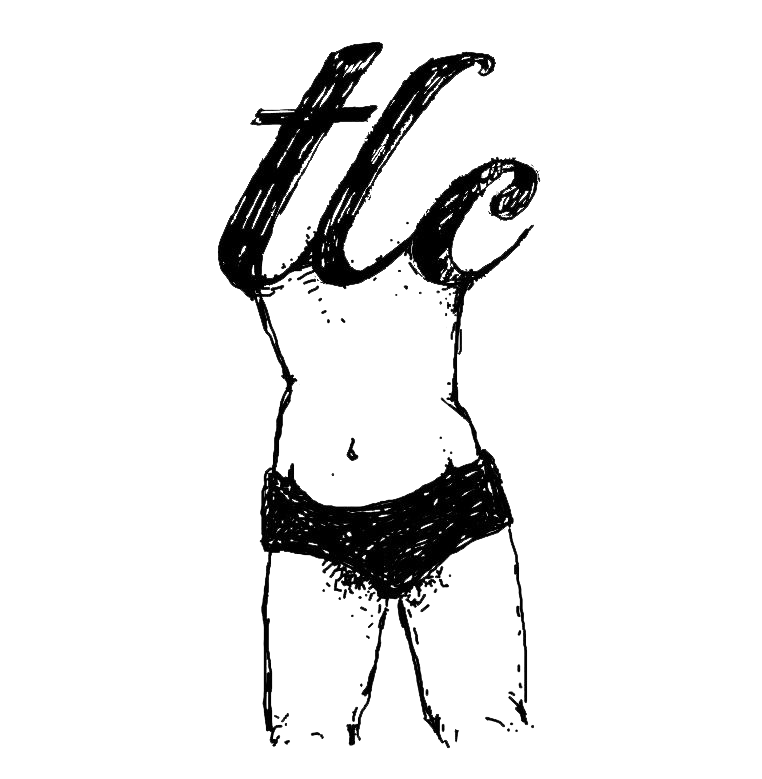The Big Bang Theory is a sitcom about four friends who are as stereotypically nerdy as the trope can get, and are also scientists. What set apart the Big Bang theory from other sitcoms when it came out, were all the nerd jokes and the references.
But until recently, my only qualm with the show has been the templatized writing; like many watchers of the show, I had overlooked a major trait that hovers over the four protagonists – they are misogynists.
If you are going ‘wait, this is a show about nerds and geeks and all that’, then you are right because the writers and showrunners of the show have done a fabulous job in hiding the often not-so-thinly-veiled misogyny under jokes, plot points, and references. Take, for instance, the Raj, the astrophysicist who can’t speak to women until he gets drunk: quirky, much? And when he does get drunk, he starts to spew sexism; why haven’t we noticed this before? The answer is lampshading; a technique employed by writers to get the characters to acknowledge the problem that exists (in this case the misogyny), and turn that acknowledgement into the punchline.
Whenever Raj gets drunk and starts verbally harassing women with his misplaced charm, the joke’s always on the fact that Raj can only say those things, but never act on them. His awkwardness doesn’t take away from how ridiculously sexist he gets.
Every protagonist in Big Bang Theory practices a form of misogyny that goes unnoticed. Howard is the creep who knows he is a creep, and that is apparently the joke; Leonard is the supposed moral compass of the group who never seems to take ‘no’ for an answer, despite his neighbour telling him that she isn’t interested in him.
It’d be criminal to not talk about the most beloved character on the show, Sheldon Cooper; who, despite all odds is getting a spin-off. His most important traits are, apart from being an arrogant genius that believes he is better than everybody else, is the lack of social skills. He believes that women fall prey to their biological ‘urges’ — an actual line from the show.
And often, like the other characters, Sheldon too is never called out but is only victimised and forgiven because all of them are at the end of the day, are great scientists, lacking social skills.
Life imitates art. Men in the scientific field behave like the characters on the show. There’s gender bias and lack of gender diversity in the workplace when it comes to the STEM. From male Google employees who are writing memos about how women are paid less because of their ‘biology’ to claims of sexual harassment in the offices of the some of the biggest companies in the world, men in place of power and privilege behave like the ones they see on TV.
Similarly, nerd culture on the Internet isn’t just a ‘boys club’, it’s a place where toxicity and misogyny come together and validate sexist behaviour on the Internet. It isn’t surprising that men in real life behave like the ones on TV; until the Big Bang Theory came along, there weren’t too many shows or characters to whom men who thrive on nerd culture could relate.
























Leave a Reply